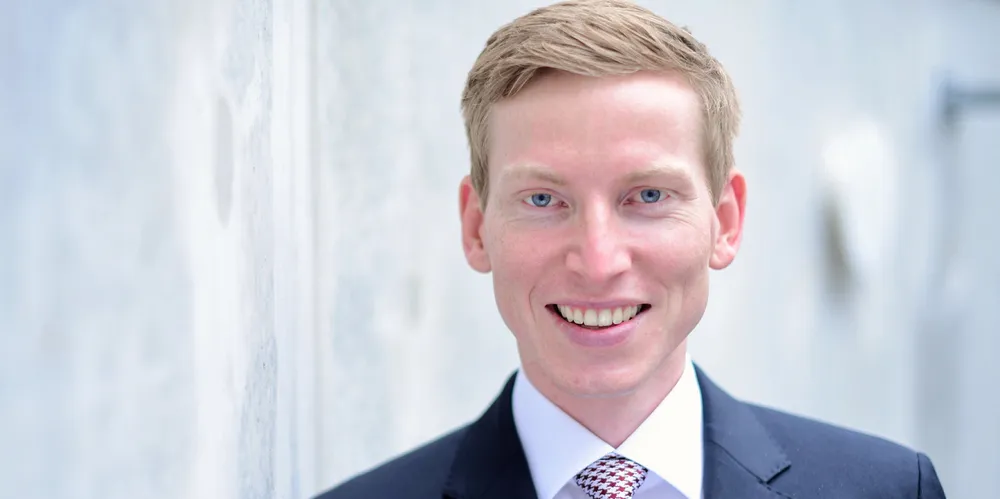'Sustainable supply chains must build-in bigger picture benefits for both company and society'
Wind turbine maker Siemens Gamesa set about overcoming one its biggest challenges in achieving its net zero ambitions – tower manufacturing – with encouraging results, writes Cresten Flor
